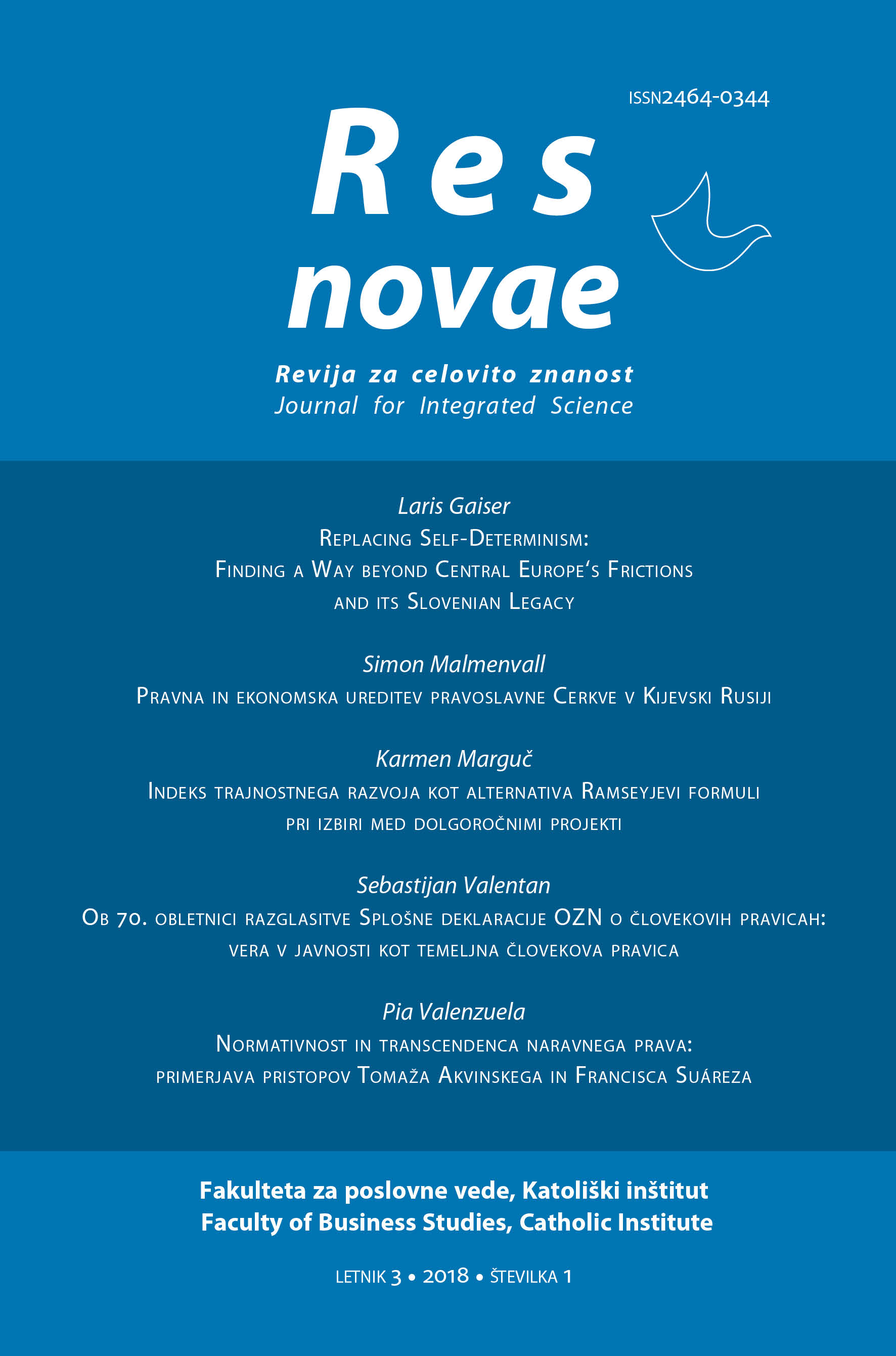Replacing Self-Determinism: Finding a Way beyond Central Europe‘s Frictions and its Slovenian Legacy
Laris Gaiser
Replacing Self-Determinism: Finding a Way beyond Central Europe‘s Frictions and its Slovenian Legacy
DOI: https://doi.org/10.62983/rn2865.181.1
Key words: Central Europe, Mitteleuropa, fragmentation, cooperation, intelligence, Pan-European movement
Abstract:
More than two decades after the collapse of the Soviet Union, in a period characterized by the revamping of confrontations between historical national interests in Central Europe, a geopolitical buffer zone between Western and Eastern European powers has made its way back again into consideration as of primary strategic importance. The Wilsonian concept of self-determination has considerably, mainly in a negative way, influenced the capacity of Central European nations to cope with international challenges. Since the end of the First World War, world leaders have been trying to mitigate and prevent dangerous regional frictions. This article proposes to show that a politically fragmented Central European environment has always been seen by international players as a problem for global stability and that its unification is still a critical issue today. This is an issue that has heavily involved the Slovenian intellectual world in the past and will be addressed using principles set down by James Madison in Federalist no. 10.
PDF



